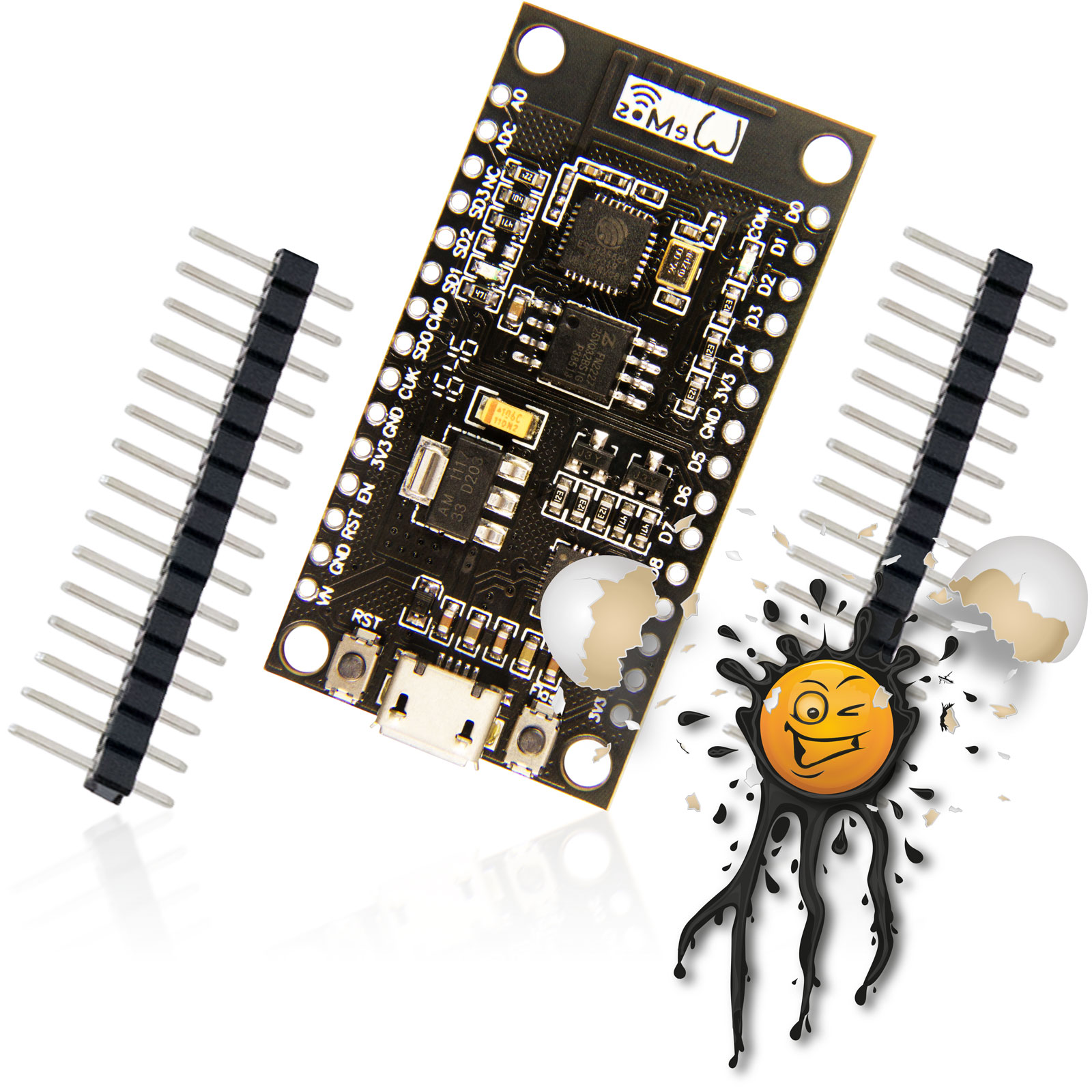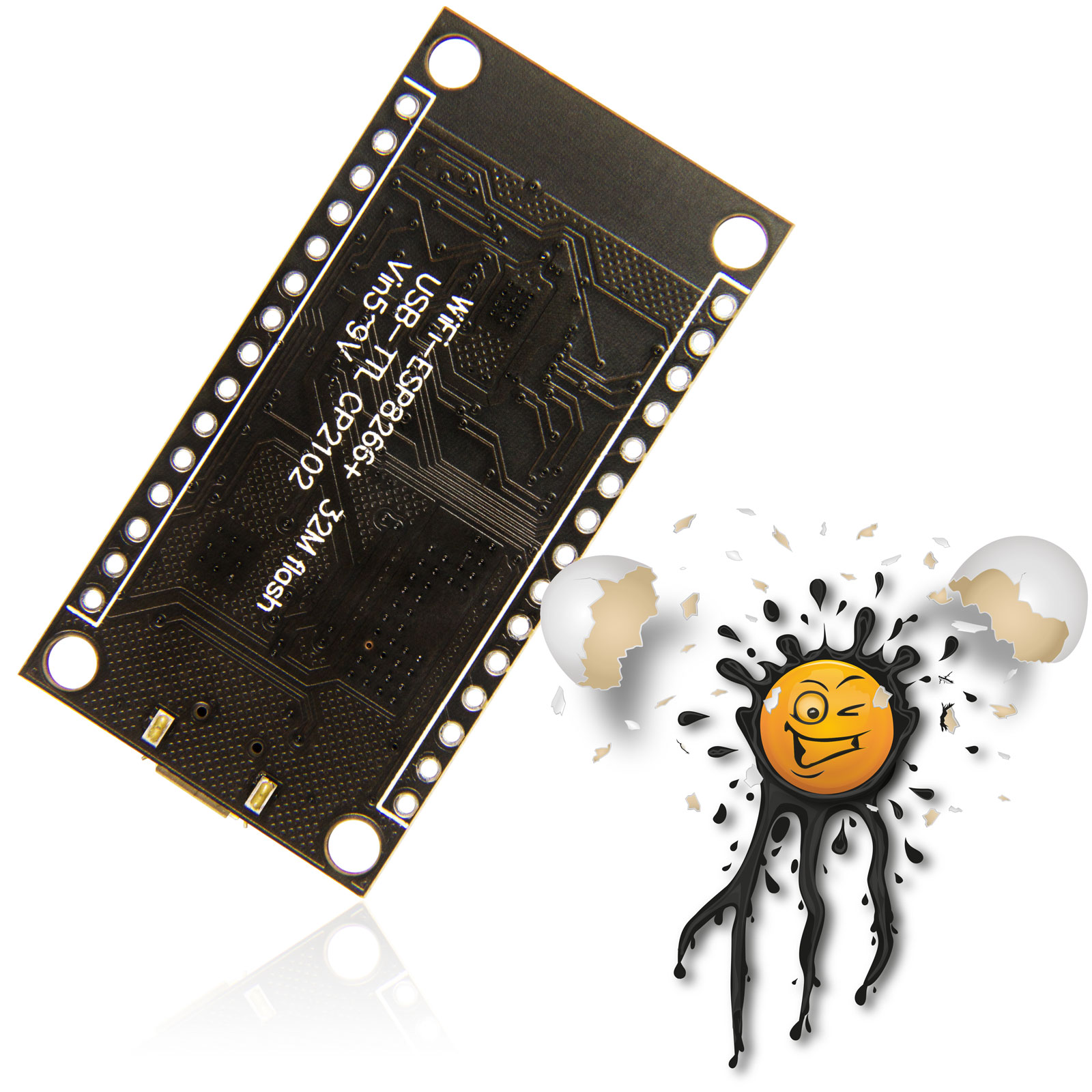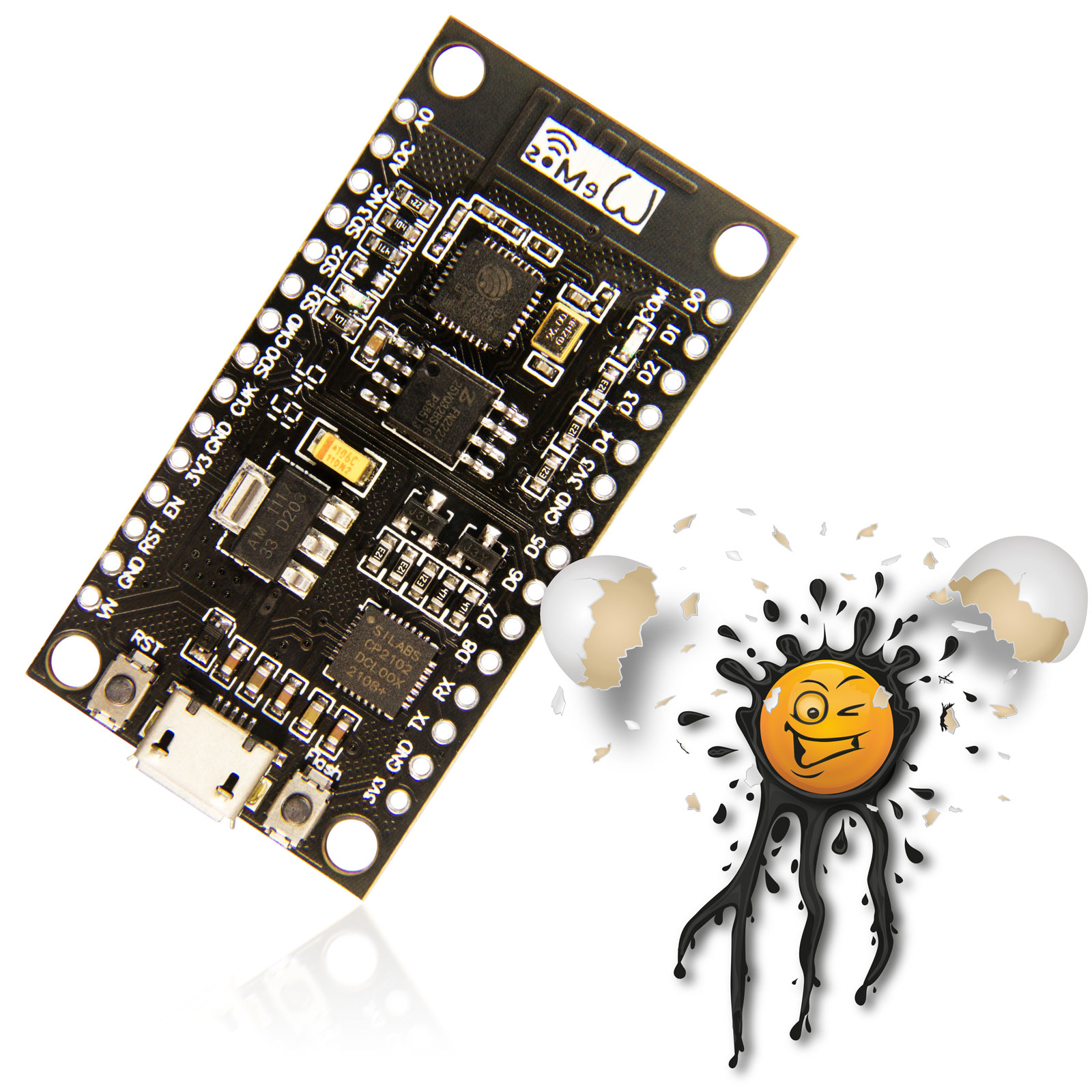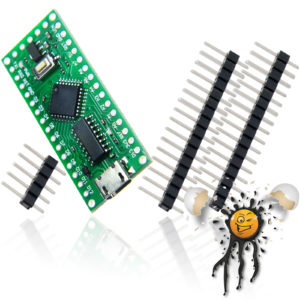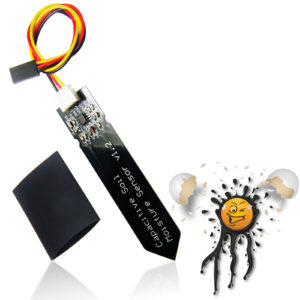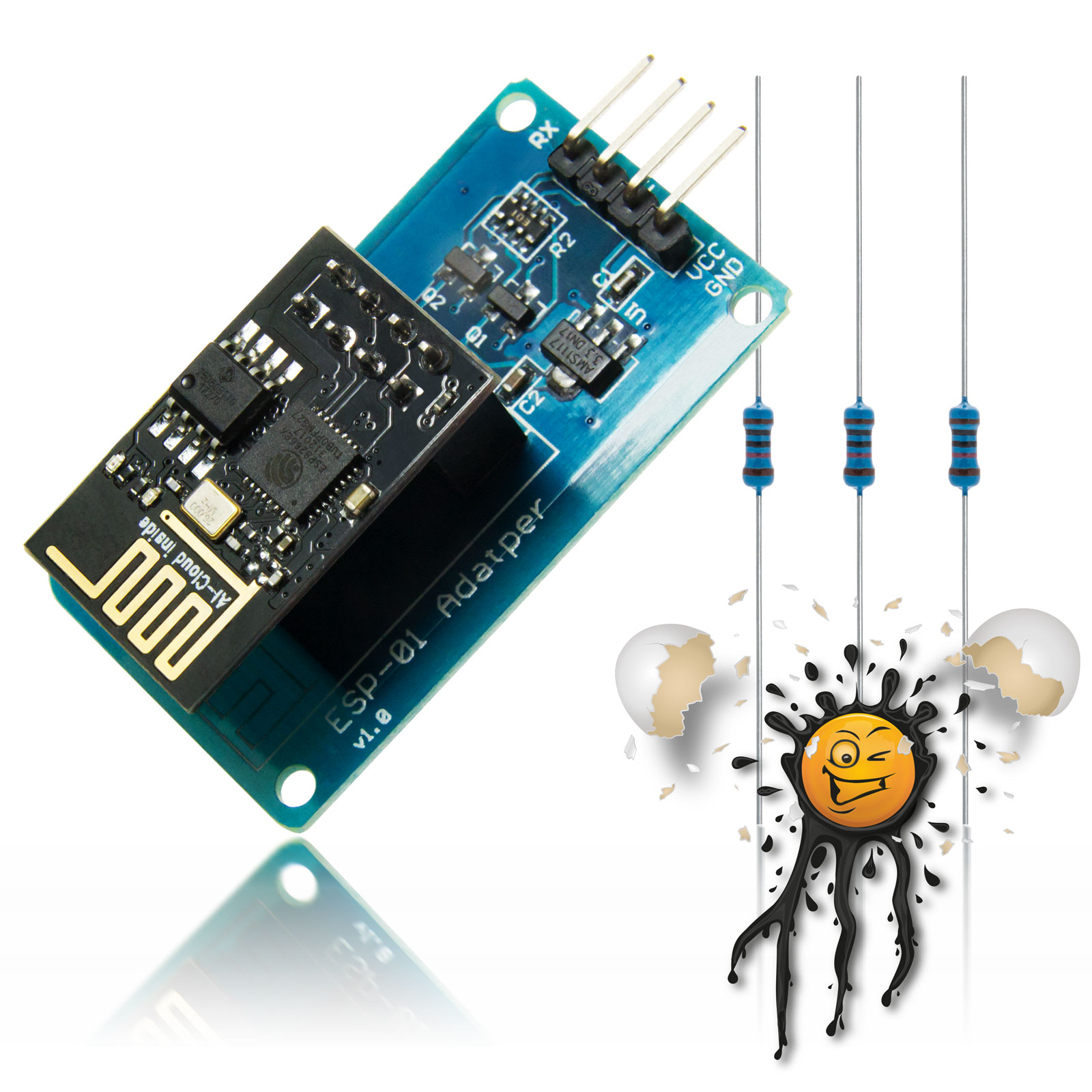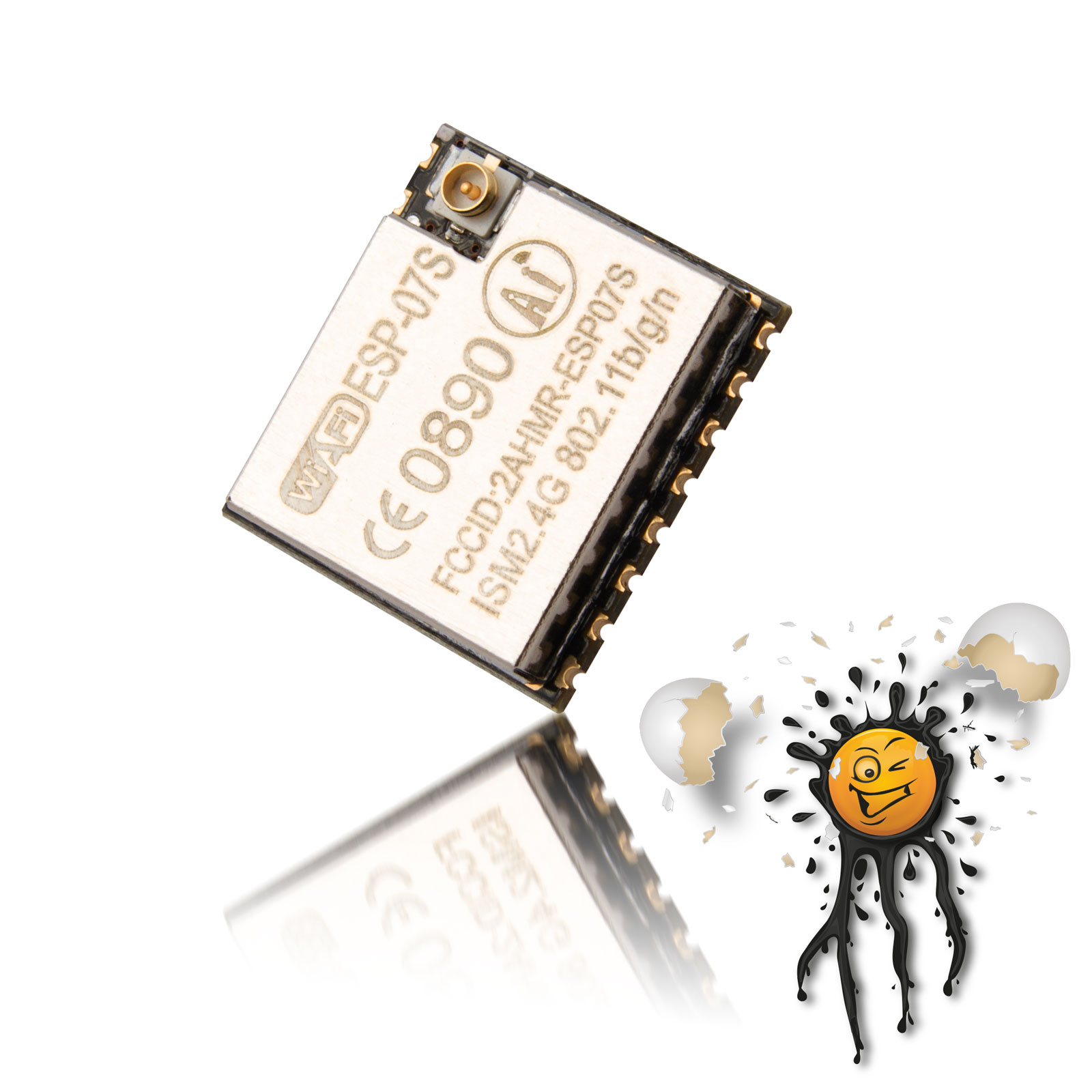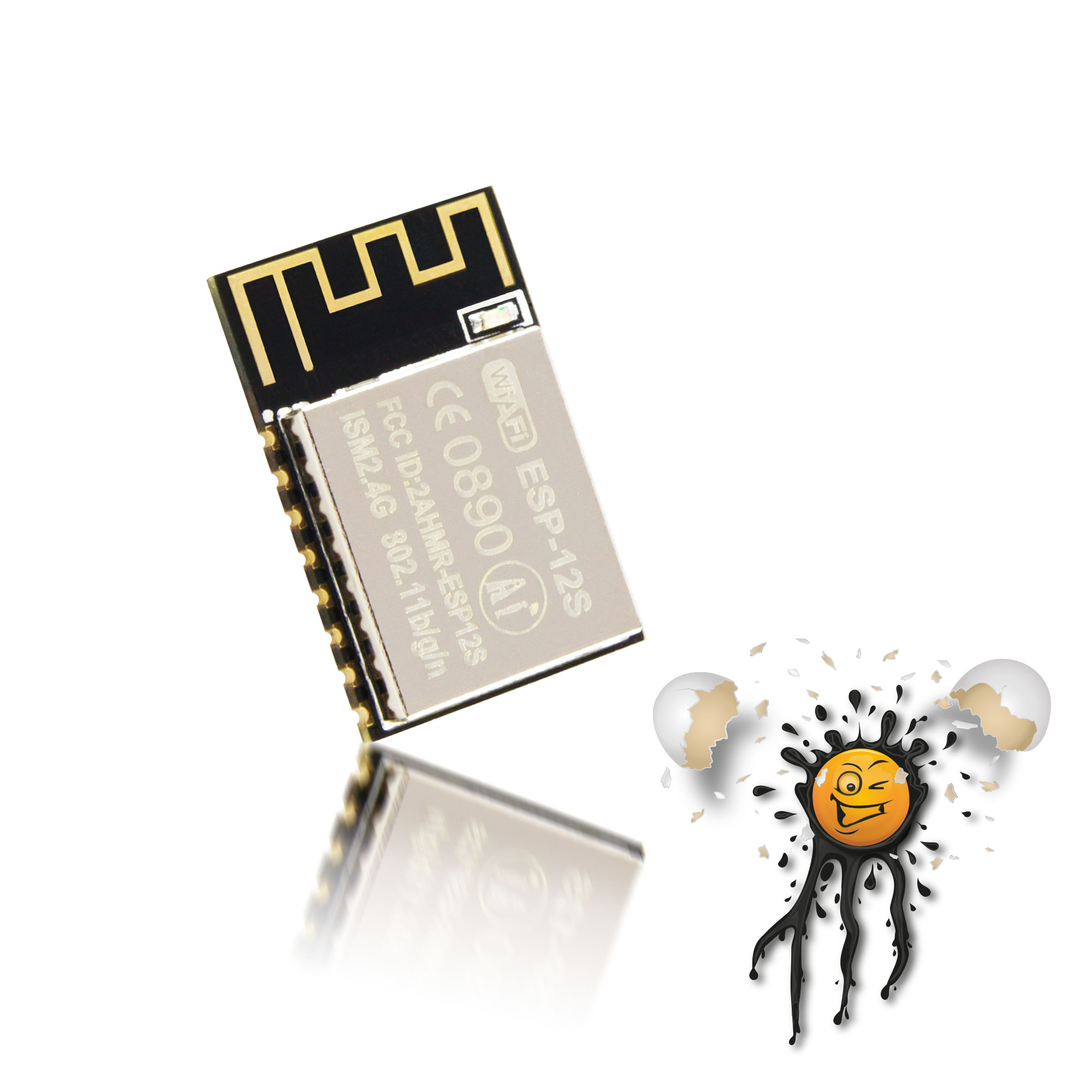Beschreibung
WeMos NodeMCU 4MB 8MB CP2102 USB TTL Linux Win OsX Entwickler Development Board 4-9V |
||||
|
WeMos ESP8266 NodeMCU CP2102 Development Kit © androegg
WeMos ESP8266 NodeMCU 32Mbit Flash Development Board © androegg
WeMos ESP8266 NodeMCU Development Board Pinout © androegg
|
Das WeMos NodeMCU Entwickler Board ist wie folgt verfügbar
Das WeMos NodeMCU Entwickler Board beinhaltet
Das WeMos NodeMCU Entwicklerboard basiert auf dem ESP8266EX von Espressif in Kombination mit
8MB ESP8266 NodeMCU Board
Neben den typischen Schnittstellen wie beispielsweise
verfügt das WeMos NodeMCU Entwickler Board über einen integrierten USB TTL / serial Konverter basierend auf dem CP2102, welcher im Vergleich zum typischen CH340 weitaus höhere Datenraten erreicht. Zur Inbetriebnahme muss das NodeMCU Development Board lediglich mit einer freien USB Schnittstelle verbunden werden. Neben der Datenkommunikation erfolgt zusätzlich die Spannungsversorgung über die integrierte Micro USB Schnittstelle. Der Treiber für die USB Micro Schnittstelle / CP2102 USB TTL Konverter steht zum kostenlosen Downlaod bereit. Im Vergleich zu typischen ESP8266 Modulen erfolgt sowohl der Flash Modus als auch ein erforderliches Reset komfortabel mittels Tastendruck. Ein umständliches Brücken des GPIO0 unter zuhilfenahme von Widerständen ist hier nicht notwendig. |
Das WeMos NodeMCU Development Board available in 2 Versions
The WeMos NodeMCU Develoment Board incl.
The WeMos NodeMCU ESP8266 Development Board is based on Espressif’s ESP8266EX MCU in Combination with
8MB ESP8266 NodeMCU Board
Besides typical Interfaces such as
the WeMos NodeMCU Devolpment Board also an integrated USB TTL / serial Converter, based on CP2102. For starting into Internet of Things just connect the NodeMCU Development Board with a free USB Interface. Required CP2102 Driver are available as free Download. Compared to typical ESP8266 Module there is no need connecting GPIO thru resistors to GND for Flashing nor Reset, simply press integrated FLASH or RST Button.
|
||
WeMos NodeMCU Dev. Board Features:
|
||||

